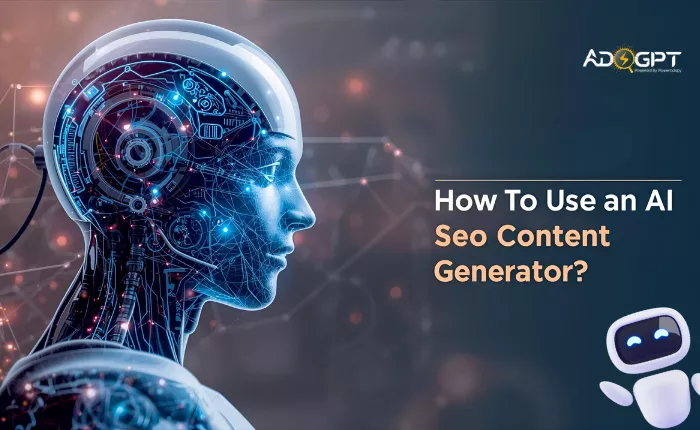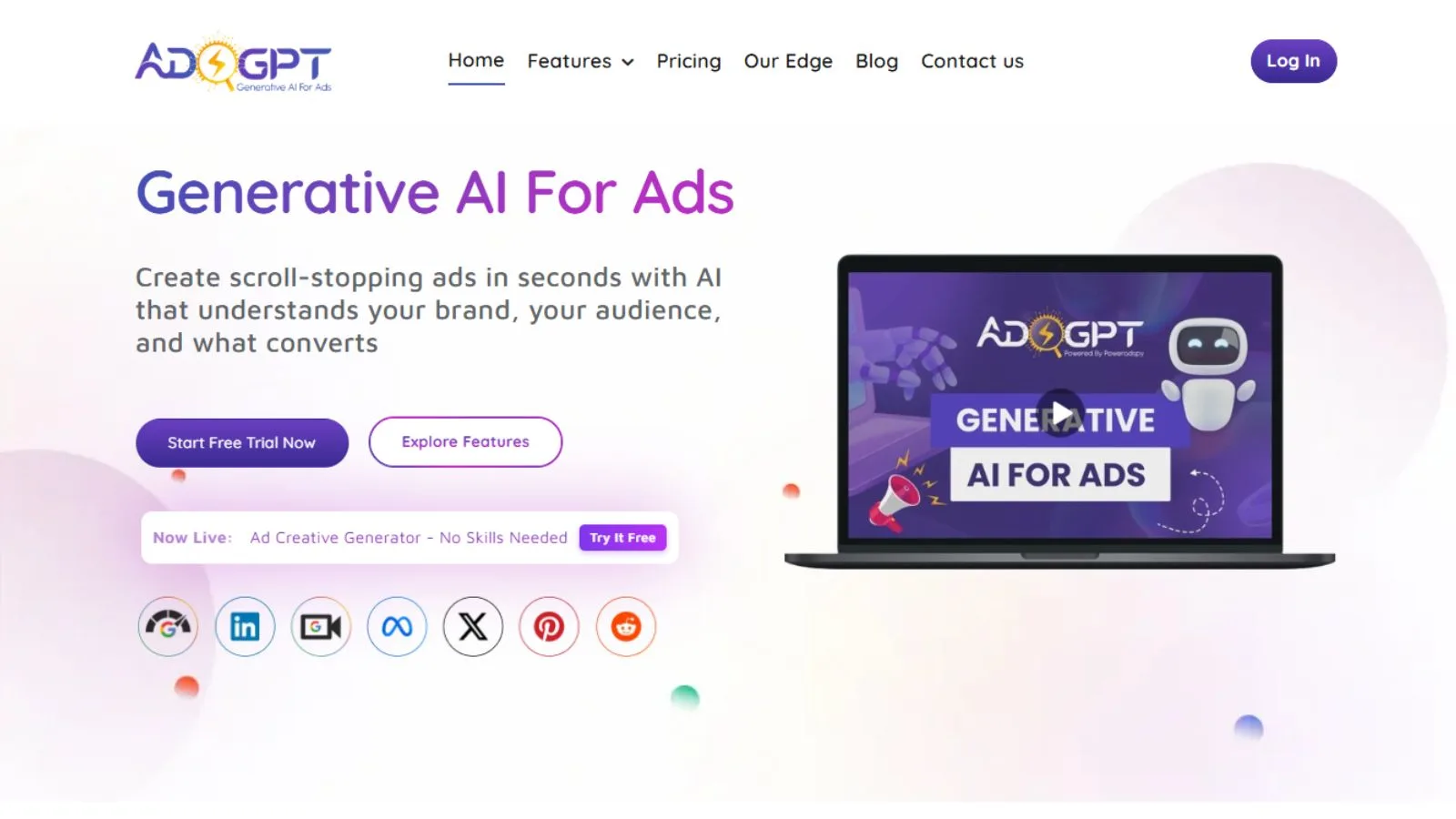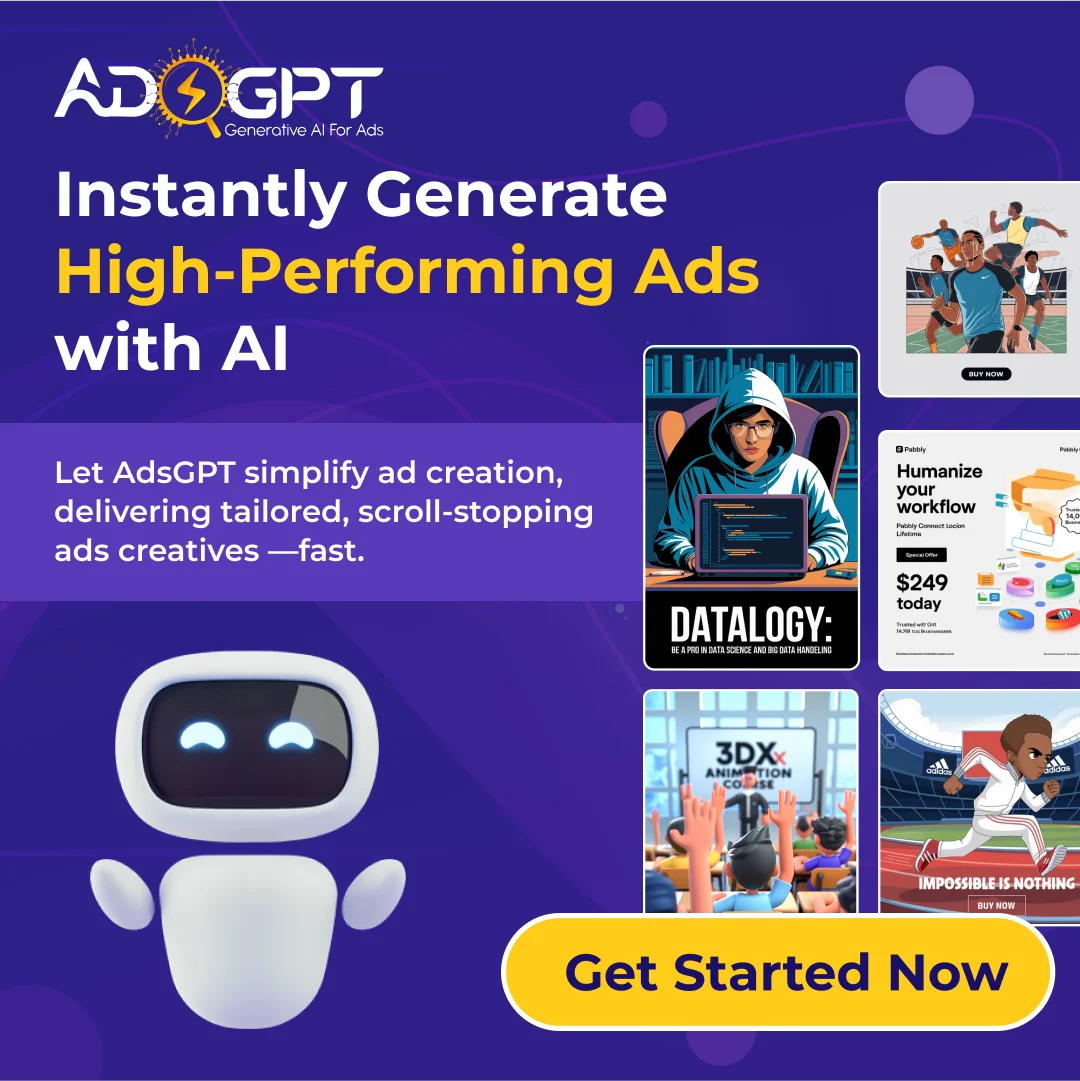
Creating content that ranks high in search engines and genuinely engages readers has become more challenging. The sheer volume of online content means every blog, article, or webpage competes for attention. What if there was a way to write content efficiently, optimize it for search engines, and still maintain a natural. That’s where an AI SEO content generator steps in. This tool streamlines the content creation process while ensuring your articles are SEO-ready and audience-focused.
By integrating artificial intelligence into SEO writing, you can save time, enhance productivity, and maintain consistency across your content. But using AI effectively requires understanding its capabilities and following a structured approach.
In this article, we’ll explore how to use an AI SEO content generator, step by step, to create optimized, compelling content.
In a hurry? Listen to the podcast now.
Why An AI SEO Content Generator Is Essential For Modern Content?
 Before diving into the step-by-step process, it’s important to understand why AI-powered SEO tools are becoming indispensable. A typical content workflow involves brainstorming ideas, researching keywords, creating drafts, optimizing for SEO, and finally polishing for readability. Each stage can be time-consuming and prone to errors if done manually.
Before diving into the step-by-step process, it’s important to understand why AI-powered SEO tools are becoming indispensable. A typical content workflow involves brainstorming ideas, researching keywords, creating drafts, optimizing for SEO, and finally polishing for readability. Each stage can be time-consuming and prone to errors if done manually.
An AI SEO content generator accelerates this workflow. Tools like seo ai Writer and seo ai Generator can analyze search trends, identify high-performing keywords, and suggest headings or structures that improve ranking potential. Additionally, AI ensures that the content is relevant to your audience, helping you balance SEO optimization with meaningful information.
Using AI does not replace creativity; it enhances your productivity. By handling repetitive or analytical tasks, AI allows content creators to focus on the human elements of storytelling, insights, and expertise. Once you understand this synergy, the next step is to harness AI for generating SEO-friendly content topics.
Step 1: Generate SEO-Friendly Content Ideas
Every great article begins with the right topic. Generating ideas that are both relevant to your audience and optimized for search engines can be difficult. AI tools can simplify this stage significantly.
A seo ai generator can take a keyword or general theme and produce a list of content ideas with high SEO potential. This not only saves time but also ensures that the topics you choose align with what users are actively searching for.
For example, entering a keyword like “content marketing” into an ai content generator seo tool might suggest topics such as “Content Marketing Strategies for Small Businesses” or “How AI Enhances Blog Visibility.”
These AI-generated ideas can be curated and refined to fit your brand’s voice. Once you have a list of topics, the next logical step is to structure them effectively using an SEO content brief.
Step 2: Create an SEO Content Brief with AI
A well-structured content brief is the backbone of any high-performing article. It ensures that your writing stays focused, covers relevant keywords, and addresses important user queries.
With the help of AI, you can create a detailed SEO content brief that includes suggested headings, questions to answer, recommended keywords, and content length. For instance, a text generator seo tool can scan top-ranking articles on your topic and produce a brief highlighting what makes those pieces successful.
By creating this foundation, your content is not only easier to write but also more likely to rank well in search engines. This step sets the stage for the next phase: generating the actual blog content.
Step 3: Draft a Long-Form Blog Article
Once the brief is ready, the AI SEO content generator can create a comprehensive draft. Long-form content is particularly effective for SEO, as it covers a topic in-depth and provides more opportunities to incorporate keywords naturally.
AI can produce a draft that includes headings, subheadings, and relevant keywords such as seo ai writer, ai content generator seo, and text generator seo. The tool can also suggest where to place internal and external links, improving the article’s structure and authority.
Even with AI generating the draft, it’s crucial to review the content to ensure it aligns with your brand’s tone and provides genuine value to your audience. After drafting, enhancing the content is the next step.
Step 4: Refine and Enhance Your Content
Creating content is just the beginning. Refining it for readability, clarity, and engagement can significantly affect how your audience responds. AI tools provide suggestions to improve sentence structure, replace repetitive words, or simplify complex ideas.
Additionally, AI can assist in adding images or multimedia elements that enhance understanding and engagement. For example, AI-powered image generators can create visuals based on your content, while text generator seo suggestions ensure image alt texts are optimized for search engines.
By combining these enhancements with your unique insights, the article becomes both SEO-friendly and enjoyable for readers, which sets the stage for optimizing metadata.
Step 5: Generate SEO Meta Titles and Descriptions
Meta titles and descriptions are often the first impression users have of your content in search results. AI can automatically generate optimized meta information, ensuring that it includes your target keywords while remaining compelling to encourage clicks.
For instance, an AI SEO content generator can create meta titles that integrate primary and secondary keywords naturally, while the meta description provides a concise summary of the article’s value. This step not only improves SEO but also boosts click-through rates, driving more traffic to your website.
Once meta data is in place, the final stage is to polish the content and run essential checks.
Step 6: Perform Grammar, Plagiarism, and SEO Checks
Even the best content can be undermined by grammatical errors or unintentional plagiarism. AI-powered SEO tools include built-in grammar checks and plagiarism detection, helping maintain content quality and credibility.
SEO checks are equally important. AI can analyze keyword density, readability, and overall SEO score, highlighting areas for improvement. By addressing these issues, your article becomes fully optimized and ready for publication, ensuring that all elements—from headings to media—work together to maximize search engine visibility.
With these steps, using an AI SEO content generator becomes a seamless part of your content creation strategy. Now, let’s explore how AI AdsGPT can also generate high-performing visuals to enhance your content and engagement.
How AdsGPT Elevates Ad Creation With AI?
 Creating ad campaigns that are visually appealing, platform-ready, and optimized for performance can be a time-consuming process.
Creating ad campaigns that are visually appealing, platform-ready, and optimized for performance can be a time-consuming process.
AdsGPT simplifies this process by combining an AI SEO content generator with advanced ad creation tools in a single platform. Marketers can generate high-performing visuals and copy that align with their brand while saving time and effort.
Here are the top features that make AdsGPT a complete solution for ad creation:
- Ad Creatives Made Effortless: Generate stunning, on-brand visuals in seconds—no design skills required. Each creative is ready to post and perfectly tailored to your platform.
- Platform-Specific Customization: Build ads optimized for Meta, Google, LinkedIn, Pinterest, and more, ensuring each creative fits the platform’s requirements and placement.
- Start With Competitor Ads: Use a competitor ad for inspiration, and AI will create a new version with your brand’s tone, message, and logo—unique yet performance-driven.
- Ad Copy Generation: Instantly produce high-performing ad text optimized for each platform. AdsGPT crafts engaging, persuasive, and SEO-friendly copy without guesswork.
- Smart Brand Memory & Personalization: Save your brand details, logos, and tone preferences, and AI automatically applies them across every creative. Add prompts to guide style and messaging for consistent, on-brand ads.
By combining these capabilities, AdsGPT allows marketers to generate both ad copy and visuals efficiently, ensuring campaigns are fully optimized, brand-aligned, and ready to drive results.
Best Practices For AI-Powered SEO Writing
 While AI tools provide immense support, following best practices ensures content remains effective and high-quality:
While AI tools provide immense support, following best practices ensures content remains effective and high-quality:
- Conduct thorough keyword research to balance popular and niche terms.
- Focus on content substance to keep readers engaged.
- Add descriptive alt text for images and other media.
- Avoid over-optimization; maintain natural flow.
- Fact-check sources to build credibility and authority.
- Promote content through social media, newsletters, and campaigns to amplify reach.
Implementing these strategies alongside AI tools creates a comprehensive content plan that drives results.
Read More
AI Writing Tools For SEO: How To Create Content That Ranks
Conclusion
An AI SEO content generator transforms the way content is created, optimized, and published. From generating ideas to finalizing metadata, AI simplifies each step while maintaining quality and search engine relevance.
With tools like AdsGPT, marketers and content creators can produce content that resonates with audiences and ranks well on search engines.
By combining AI efficiency with human creativity, your content strategy can achieve both scale and impact.
Start integrating AI into your SEO workflow, and watch your content reach new heights in both visibility and engagement. The future of content creation is here, and it’s smarter, faster, and more effective than ever.
FAQ
- Can AI SEO content generators adapt to different writing styles?
Yes, most AI tools can adjust tone, formality, and style to match your brand’s voice or audience preferences. - How do AI SEO content generators handle multilingual content?
Many generators support multiple languages, allowing you to create SEO-optimized content for global audiences. - Are AI-generated articles safe from plagiarism?
When used properly, AI content generators produce original content, but it’s recommended to run a plagiarism check for added assurance. - Can AI tools suggest trending topics for SEO campaigns?
Yes, AI generators analyze search trends, keywords, and competitor content to recommend high-performing topics. - How does AI ensure content relevance for my target audience?
AI tools analyze audience behavior, search intent, and engagement metrics to generate content that resonates with your readers.





